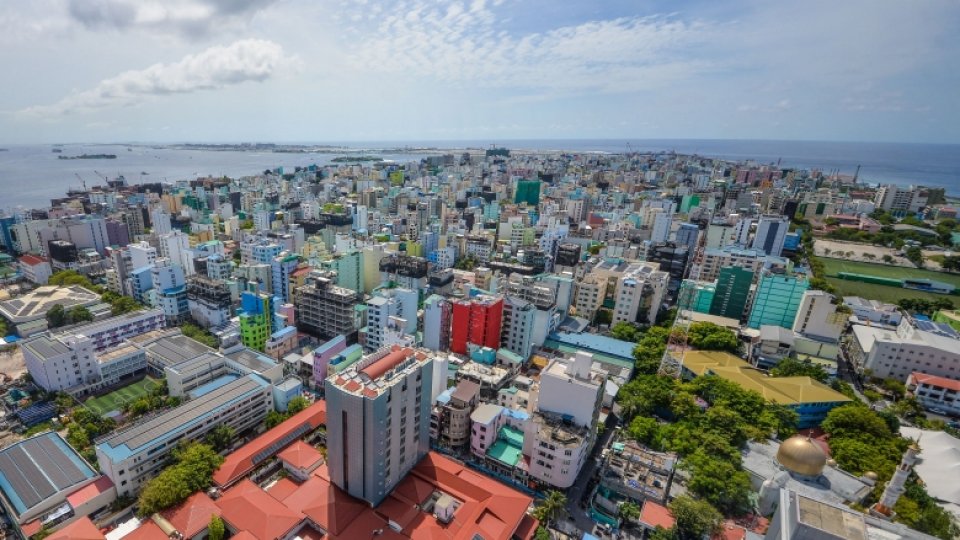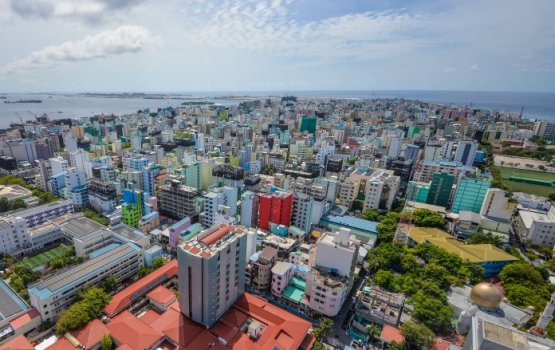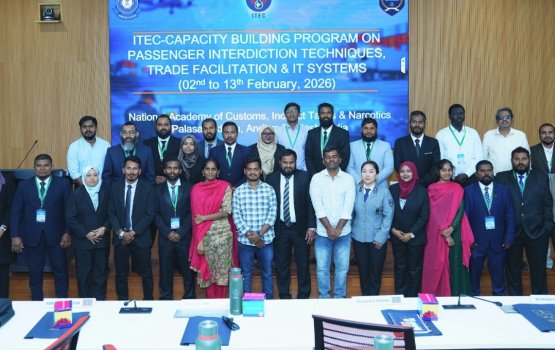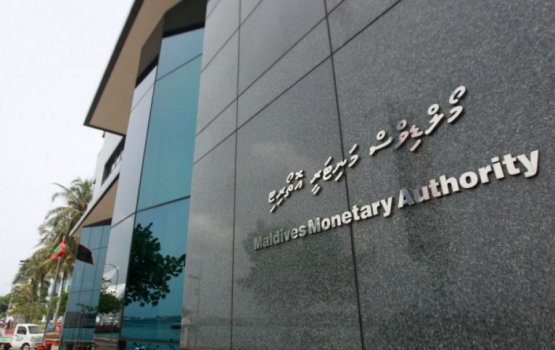The World Bank says the Fiscal reforms to address the looming macroeconomic challenges in the Maldives may negatively affect the country's household welfare.
The Bank said this in its twice-a-year country economic update.
Released today, the latest Maldives Development Update: Seeking Stability in Turbulent Times notes that the economy grew by 7.7 and 4.5 percent year-on-year in the first and second quarters of 2024, bolstered by an 8.5 percent increase in tourism in the first half of 2024.
The Bank stated that the Maldivian economy is heavily reliant on international tourism with the revenues being redistributed to the population via a strong redistributive system, including significantly subsidized access to healthcare and education, public sector employment, price controls and subsidies, and income support programs.
It said given the planned reform to the healthcare system and subsidy reforms, households may face significant welfare losses given these austerity measures and the higher prices that are likely to follow.
The World Bank forecasts overnight subsidy removal is estimated to increase poverty from 2.5 to 4.6 percent nationally and from 4.8 to 8.3 percent in the atolls, if not compensated with targeted cash transfers.
The poverty rate could nearly double among households with more than three children and single-parent households.
World Bank recommends targeted assistance to poorer households
The World Bank stated despite indirect subsidies being more important for poor and vulnerable households as a share of household income, high-income households capture a larger share of spending on subsidies.
For instance, the richest and poorest income deciles benefit from 13 and 8 percent, respectively, of the total spending on subsidies, but these subsidies account for 2 and 11 percent, respectively, of household income in these deciles.
The World Bank also said that 43 percent of subsidy spending (equivalent to 4.1 percent of the 2023 budget) is going to the richest 40 percent of the population.
Subsidy removal, therefore, creates an opportunity to move towards a more targeted, fiscally sustainable, and pro-poor means of allocating public spending. The poverty impacts of blanket subsidy removal could be offset if the removal of subsidies is accompanied by an income-targeted cash transfer.









